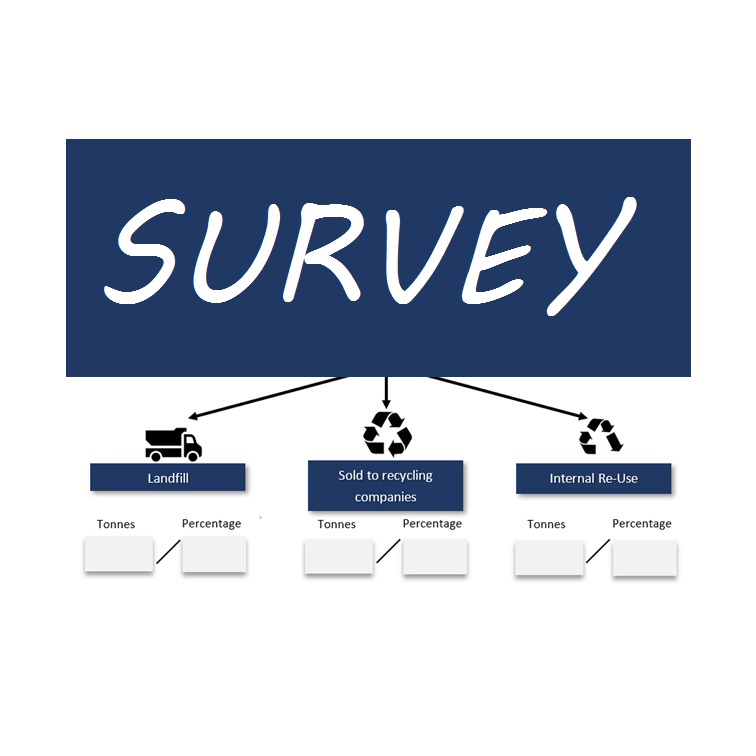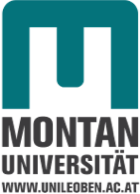Survey on Waste Refractories – Tell me about your data

One of our project objectives is to describe the European waste management system quantitatively identifying the whereabouts of spent refractory material and showing potential but unused resources of spent refractories for recycling. Waste management is a crucial aspect of environmental sustainability, and our method of choice to describe such a system is the Material Flow Analysis (MFA). MFA is a systematic assessment of material flows within a defined system, which helps to identify problems and quantify the impact of potential measures on resource recovery. However, a challenging part of this task is to find suitable data to work with because of issues regarding data availability, data quality, data consistency, and data confidentiality. Especially the first challenge (data availability) is difficult to solve with conventional literature search.
The reason for this could be that industrial research also focuses on their generated wastes as well as general lack of published company related (waste) data. Imagine you are part of the R&D department of a big steel producing company. The task you are currently working on is the reduction of refractory waste disposal by identifying other intra-plant usages. Time goes by and you discovered the opportunity of refractory wastes being used as slag conditioner because of the high MgO content. You not only reduced the disposal costs but also reduced the costs of primary MgO, which had to be bought otherwise.
Other than academic researchers, industrial researchers are not measured by their publications. Their overall goal is to develop new products and technologies and solve problems in and around their company’s production. Therefore, findings of industrial researchers are often not published especially when those findings help to gain market advantage.
Although this is pure speculation, it must be noted that waste related data in general is difficult to obtain.
For this reason, we are currently planning to conduct a survey asking the most important questions for our MFA. This survey will not only cover the question of the annual demand for refractory materials per industry but also the annual amount of generated refractory waste and especially the following distribution into the categories down-cycling, recycling and disposal. A small glimpse from our first draft can be seen in Figure 1.

Another challenge will be to verify the trustworthiness of the data obtained, as the survey is partly disseminated via social media. Consequently, anyone, whether they work in the related industry or not, can fill in this survey and send it off.
And to answer this upcoming question right away: Yes, it will be anonymous. We are not at all interested in combining these data with company names. I hope that many of you will participate, as the outcome of our research will be more precise the more date we have. I thank you in advance for your contribution and for sharing our survey as broadly as possible.

Author’s Portrait
Florian Feucht
DI Florian Feucht, is research associate at the Chair of Waste Management and Waste Treatment at the Montanuniversitaet Leoben, and part of the Workgroup: “Environmental remediation and mineral waste”. Since 2023 he participates in the Montanuniversitaet’s PhD Program. From 2018 to 2023 he studied “applied geoscience” at the Montanuniversitaet Leoben and wrote his master thesis about “Chemical-Mineralogical Characterization of Ladle Slag from voestalpine Linz”. From 2014 to 2018 he studied at the University of Vienna Earth Sciences and wrote a bachelor thesis on the subject: “Petrological and Petrographical Ínvestigation of Mafic-, Ultramafic Rocks from the Dunkelsteinerwald, Gföhler Unit, Moldanubic” Florian’s research interests are chemical-mineralogical characterisation of mineral wastes, Mineralogy, Slag mineralogy, Recycling and Waste Management.
Partner


